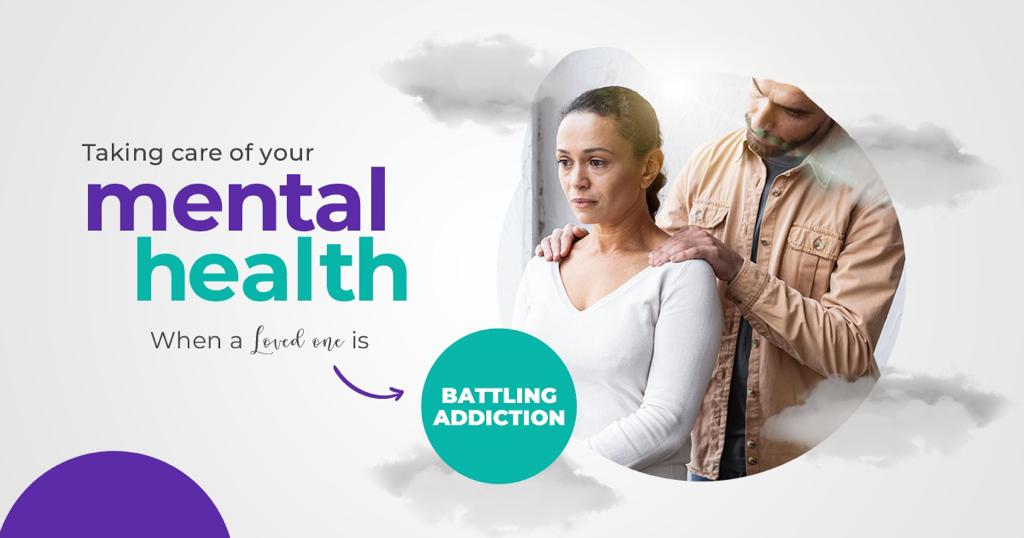
Addiction is a chronic disease that affects all aspects of a person’s life, including their relationships, career, health, family dynamics, and psychological well-being. When a loved one struggles with the disease of addiction, you may find yourself struggling as well. Anchored Tides Recovery has 20+ years of experience of understanding addiction, an all-female staff, and an all-female client base. Many generations of women find their path to recovery with our treatment options. We have also learned some methods of coping with the challenges of loving someone who is struggling with addiction.
Here is some vital information to keep in mind to avoid losing your mind…

Help Yourself First
It is natural to be ready and willing to do whatever it takes to help your loved one in their time of need, especially if you are a parent. Believe it or not, this is often detrimental to their process and does more harm than good. Trying to be the hero who saves the day can come at the cost of your relationships, finances, physical health, and sanity. The road to recovery is a long and personal process. When you try to involve yourself too much, it can have an adverse effect. You may end up pushing the person further away or even trigger drug abuse to cope. Accepting that a loved one has an alcohol or drug problem is extremely difficult. Until the person is ready to take the first step, you cannot do much to help them.Taking the First Step to Overcome Drug Addiction
For many people trapped in the vicious cycle of drug addiction, the most challenging step toward recovery is the very first one. They have to decide on their own that they want help. This concept is crucial to understand. You can not force a person to get help if they’re not ready to admit they have a problem. It can be very frustrating to be willing to do anything to help someone but have your efforts yield no results because that person isn’t ready to accept your help. For this reason, it’s essential just to make sure you’re focusing on your mental health problems and not enabling them further. People with an addictive behavior may feel uncertain about whether they’re ready to attend treatment facilities. You need to understanding addiction and know that strong emotions such as anger, shame, guilt, depression, and anxiety usually come along with the thought of needing help. Usually, a person needs to hit their own personal version of “rock bottom” before they even admit they need help. Hitting rock bottom is personal. For some users, this part of the journey may take a long time to happen or may not ever happen at all.Raising the Bottom
“Raising the Bottom” is a term that describes helping a person hit their version of rock bottom sooner. It requires a lot of discipline and strength, but many counselors agree that understanding addiction may be the best way to help someone who isn’t ready to admit they need help. Your role in raising the bottom is to stop any enabling behaviors and make it so their drug habit becomes inconvenient. Here are some examples of “Raising the Bottom.”- Cutting them off financially.
- If they’re using drugs in your house, tell them they can’t stay there anymore.
- Call the authorities if you find them using drugs.
Is Addiction A Family Disease?
Here are some reasons why addiction is considered a “family disease”:- Addiction’s impact extends to the entire family. When one family member struggles with substance abuse, it can negatively affect everybody else who cares about them. Family and friends may get stuck in a cycle of trying to fix the person and then feel resentful when they see no results or see that their efforts are not appreciated.
- Mental health conditions, such as addiction, are hereditary. According to a study by the American Psychological Association (APA), more than half a person’s susceptibility to drugs and alcohol addiction is linked to genetics.
- Families play a large role in the drug rehabilitation process. Spouses, parents, children, siblings, and friends need to forgive past mistakes and be empathetic towards the current efforts. Empathy will help you to provide the love and support they need to make progress.





























